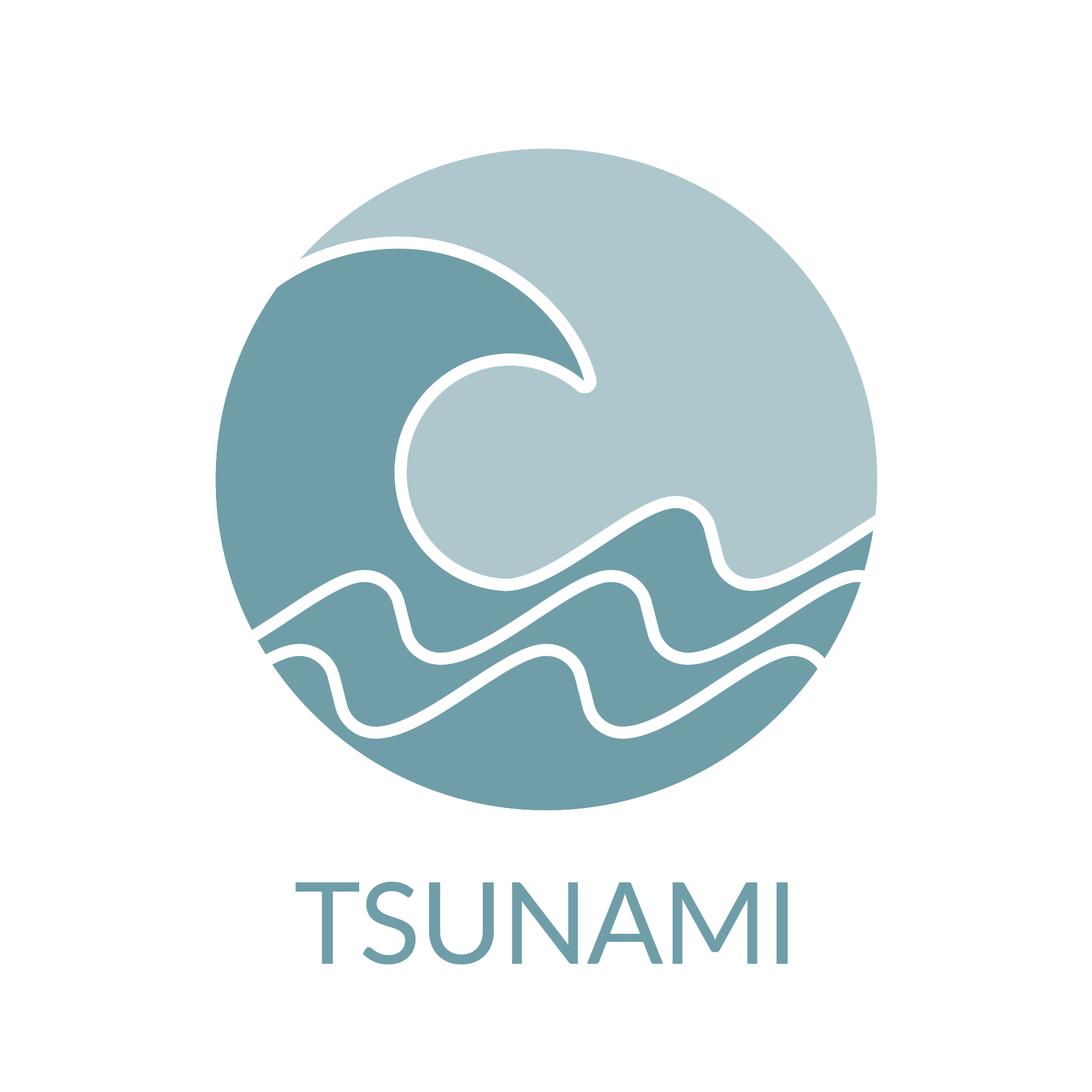With the signature of the TCS Consortium Agreement by 18 national research institutions from all across Europe, the Thematic Core Services (TCS) Tsunami is now fully operational!
The Tsunami community underwent a “Candidate TCS” phase, in which they set up the TCS governance, technical and financial structure according to the EPOS criteria for onboarding new communities. Recognising the successful completion of this phase, the EPOS ERIC General Assembly established the TCS Tsunami Thematic Core Services in December 2023. The signature of the Consortium Agreement on the occasion of the first Consortium Board meeting, held in Potsdam on February 15-16, marks TCS Tsunami’s transition to full-fledged Thematic Core Services, crowning two years of intense work.
Tsunamis pose significant threats to coastal populations worldwide, necessitating a multidisciplinary approach to comprehend their complex dynamics and mitigate the associated risks. TCS Tsunami shall operate in cooperation with other EPOS communities, especially TCS Seismology and TCS Volcano Observations.
The involvement of the tsunami community will increase the social impact of the EPOS Research Infrastructure, thanks to the engagement with stakeholders such as civil protection, decision makers and planners. From the technological point of view, TCS Tsunami will contribute to the development of the ICS-D (distributed) type services, through its involvement in High Performance Computing initiatives on the European scene.
Currently, the TCS Tsunami contributes to provide and maintain 28 services on the EPOS Data Portal, as well as additional ones on the community web portal. These services can be grouped into the four pillars:
- Support to Tsunami Service Providers: Facilitating collaboration and resource sharing among providers to enhance the efficiency and effectiveness of tsunami-related services.
- Tsunami Data: Curating and disseminating a comprehensive repository of tsunami-related data, including sea level measurements, historical records, submarine landslide data, and instrument information.
- Numerical Models: Developing and maintaining state-of-the-art numerical models to simulate tsunami generation, propagation, coastal amplification, and inundation, aiding in hazard assessment and risk mapping.
- Hazard and Risk Products: Delivering actionable insights and products to inform decision-making processes related to tsunami risk management, evacuation planning, and disaster preparedness.
The challenge is now to continue to foster collaboration, innovation, and knowledge exchange in a scientific field so crucial for human safety.
